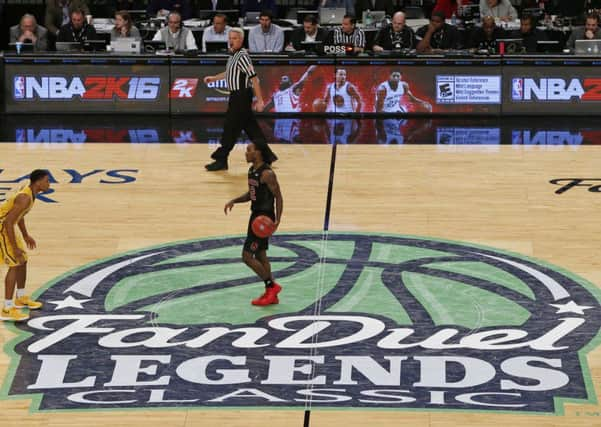FanDuel calls off merger with rival DraftKings


The company, which does most of its business in the lucrative fantasy sports market in America, first agreed to a deal with their competitor late last year.
However, as the two combined represented an almost 90 per cent share of the fantasy sports market, they were subject to federal investigations.
Advertisement
Hide AdAdvertisement
Hide AdFantasy competition in the USA works by picking a number of players from selected teams within a budget and gauging their overall performance across a game, or series of games, to determine a winner.
It is far more popular stateside due to the restrictions on sports betting in America, with many considering fantasy sports which offer cash prices to be a loophole round the strict anti-gambling laws.
Yesterday, a statement released by FanDuel CEO Nigel Eccles said: ““FanDuel decided to merge with DraftKings last November, because we believed that this deal would have increased investment in growth and product development thereby benefiting consumers and the greater sports entertainment industry.
“There is still enormous, untapped market opportunity for FanDuel, and we will continue to execute our strategy to grow our business and further expand the fantasy sports industry.”
Despite the Federal Trade Commission being opposed to the deal, and looming potential legal challenges, the abrupt cancellation took many observers by surprise.
An FTC statement called the announcement a win for consumers, adding: ““For years, the vigorous competition between DraftKings and FanDue lhas spurred innovation and favourable pricing. In brief, consumers benefited from the intense rivalry between the two leading players in this space. If this merger had been allowed to go through, those benefits would likely have been lost.”
It is reported that neither of the companies had yet turned a profit, and a number of states had already sought to crack down on sites they determine to be about gambling, not skill.